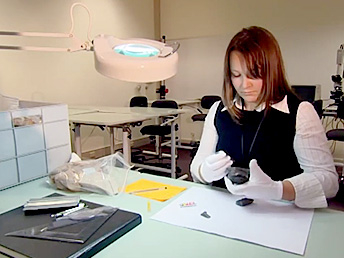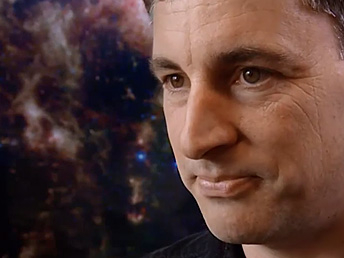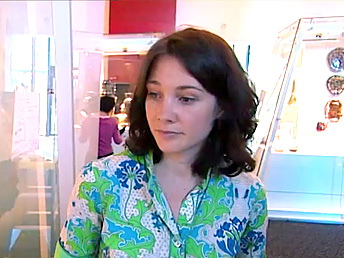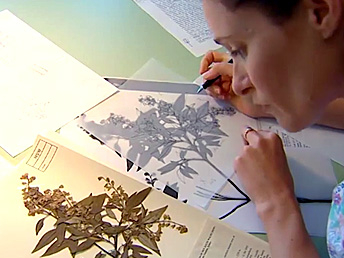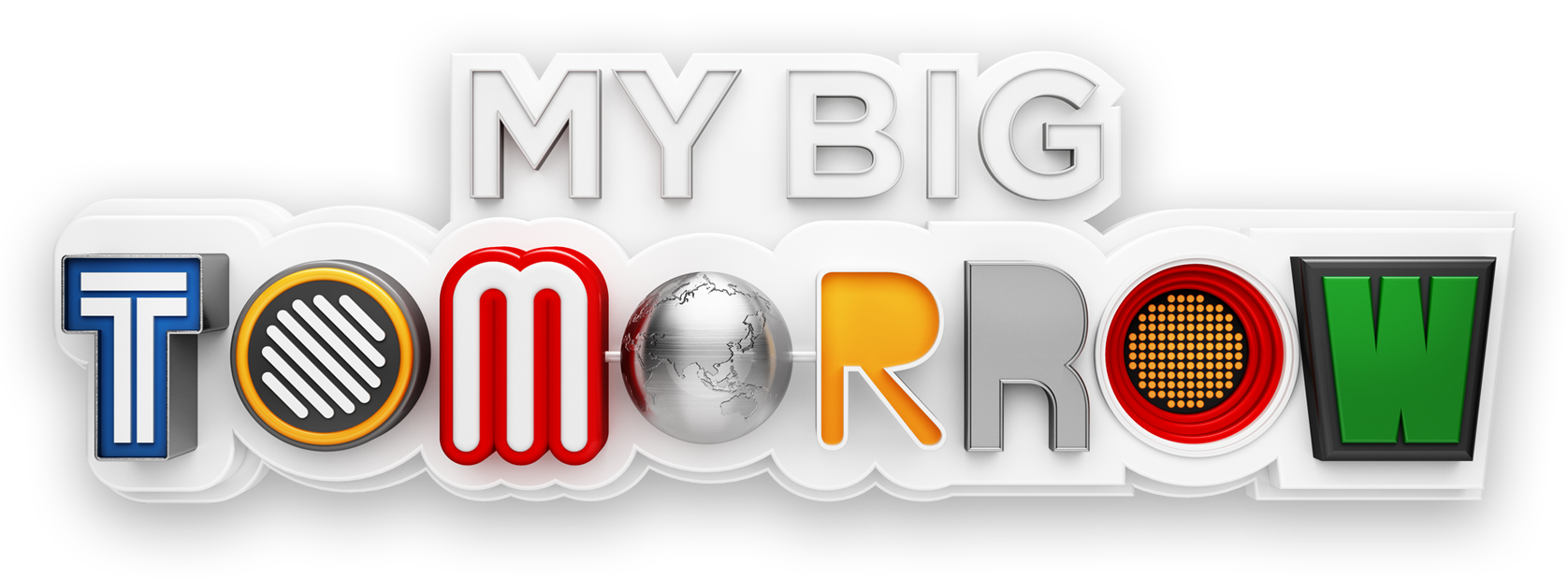
Historian
As an historian you research past human activity, including the history of countries, organisations, periods of time, buildings, cultural heritage, particular events, people and ideas or issues.
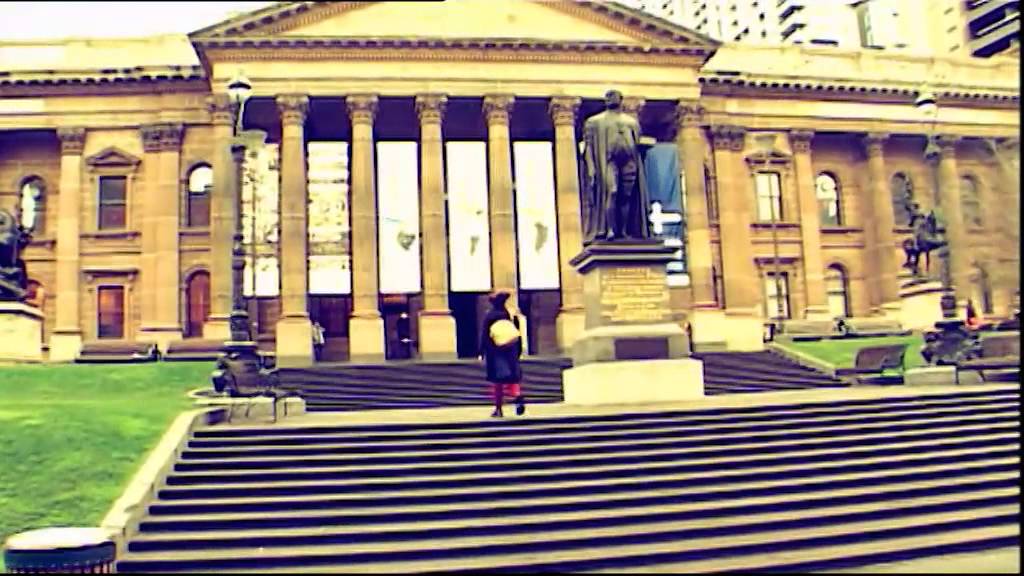

What the job looks like
Salary expectation
starts at $30,000 up to $150,000+

The good
- Using information from the past to inform the future
- Learning about how cultures and society came to be
- Travelling overseas for your research
- Preserving the past
- Teaching others
The not so good
- Securing funding can be difficult
- Not a big demand for jobs, you will have to find your own work
As a historian you could find work in a lot of different areas like museums, universities, teaching, libraries, archives and as an author or public speaker.
Being a historian involves a lot of reading. You will usually specialise in a certain area and will rely on existing information in books and online to help broaden your knowledge.
You will also be doing a lot of writing and researching. Most historians go on to study a PhD that can be used to start a whole book. You will need good English skills to understand the information that you are reading and make sure that what you write makes sense.
Historians also use maths to place information onto a timeline to work out when certain events happened. You will be working with a lot of dates and will occasionally use statistics or graphs to display some of the information you find.
If you like working independently, love books and writing plus have good analytical skills then you might enjoy a career as a historian.
Historical knowledge is essential for the well being of our nation and it makes me happy everyday
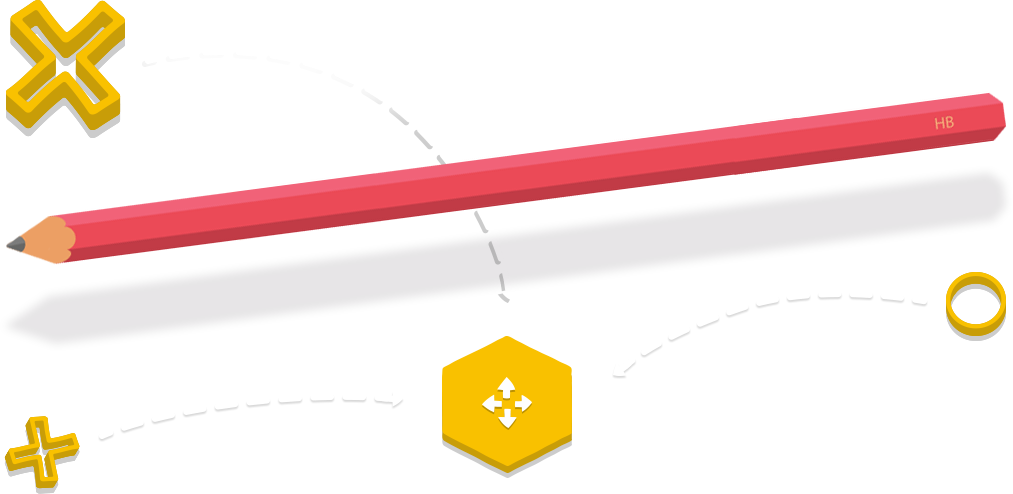
Pathways to this career
Subject suggestions for the HSC
Choosing your HSC subjects from this list could really help with your career. Think carefully about what you want to study after school as you might need to choose specific HSC subjects for that course and to count towards your ATAR (Australian Tertiary Admission Rank). An ATAR is your academic rank in relation to other HSC students and helps with University admission.
HSC subjects
Some subjects will count towards your ATAR, others will not. Check with your career advisor before making subject selections.
- English (Advanced or higher)
- Mathematics (General 2 or higher)
- Ancient History
- Modern History
- HSC History Extension
- Society and Culture
What can I do after I have finished school?
University degrees
Studying one of these degrees can help with your career.
- Bachelor of Arts
Alternative entry pathways
You can start a career pathway without the required ATAR by enrolling in a foundation program.
- Bachelor of Ancient History
Suggestions
Check out the Australian Museum for more information
- Go to your local museum or gallery of a weekend, talk to some of the staff there about opportunities for historians and see if you can do work experience with them
- Do your own research into history and to see what interest you the most
- Watch history shows or documentaries on the ABC and SBS
- Go to career expos and events like Open Day to find out more information about what you will study
